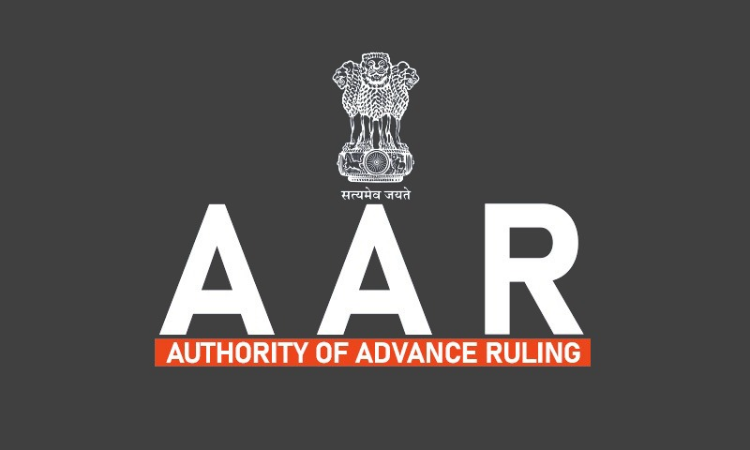GST Payable On Additional Surcharge Collected From Open Access Consumer Under Electricity Act: AAR
Mariya Paliwala
28 Feb 2023 4:00 PM IST

Next Story
28 Feb 2023 4:00 PM IST
The Karnataka Authority for Advance Ruling (AAR) has held that the additional surcharge collected from open-access consumers as per Section 42 of the Electricity Act, 2003, is taxable under the GST Act.The two-member bench of M.P. Ravi Prasad and Kiran Reddy T. has observed that Chamundeshwari Electricity Supply Corporation Limited cannot be considered either a "governmental authority" or...
